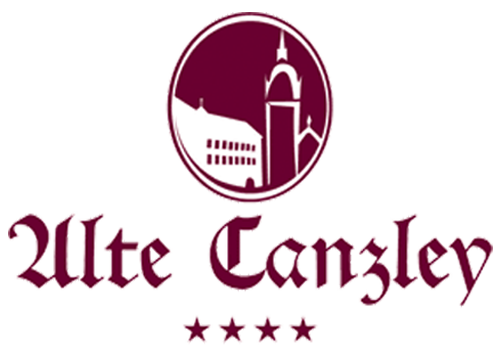Luther had been suffering from ill health for years. From 1531–1546, his health deteriorated further. The years of struggle with Rome, the antagonisms with and among his fellow reformers, and the scandal which ensued from the bigamy of the Philip of Hesse incident, in which Luther had played a leading role, all may have contributed. In 1536, he began to suffer from kidney and bladder stones, and arthritis, and an ear infection ruptured an ear drum. In December 1544, he began to feel the effects of angina.
His physical health made him short-tempered and even harsher in his writings and comments. His wife Katie was overheard saying, “Dear husband, you are too rude,” and he responded, “They are teaching me to be rude.”
His last sermon was delivered at Eisleben, his place of birth, on February 15, 1546, three days before his death. It was “entirely devoted to the obdurate Jews, whom it was a matter of great urgency to expel from all German territory,” according to Léon Poliakov. James Mackinnon writes that it concluded with a “fiery summons to drive [the Jews] bag and baggage from their midst, unless they desisted from their calumny and their usury and became Christians.” Luther said, “we want to practice Christian love toward them and pray that they convert,” but also that they are “our public enemies … and if they could kill us all, they would gladly do so. And so often they do.”
Luther’s final journey, to Mansfeld, was taken due to his concern for his siblings’ families continuing in their father Hans Luther’s copper mining trade. Their livelihood was threatened by Count Albrecht of Mansfeld bringing the industry under his own control.
The controversy that ensued involved all four Mansfeld counts: Albrecht, Philip, John George, and Gerhard. Luther journeyed to Mansfeld twice in late 1545 to participate in the negotiations for a settlement, and a third visit was needed in early 1546 for their completion.
The negotiations were successfully concluded on February 17, 1546. After 8:00 p.m., he experienced chest pains. When he went to his bed, he prayed, “Into your hand I commit my spirit; you have redeemed me, O Lord, faithful God” (Ps. 31:5), the common prayer of the dying. At 1:00 a.m. he awoke with more chest pain and was warmed with hot towels. He thanked God for revealing his son to him in whom he had believed. His companions, Justus Jonas and Michael Coelius, shouted loudly, “Reverend father, are you ready to die trusting in your Lord Jesus Christ and to confess the doctrine which you have taught in his name?” A distinct “Yes” was Luther’s reply. (It was believed at the time that sudden cardiac arrest or stroke was a sign that Satan had taken a man’s soul; Luther’s companions stressed that he had gradually weakened and commended himself into God’s hands.
An apoplectic stroke deprived him of his speech, and he died shortly afterwards at 2:45 a.m., February 18, 1546, aged 62, in Eisleben, the city of his birth. He was buried in the Castle Church in Wittenberg, beneath the pulpit.
A piece of paper was later found on which he had written his last statement. The statement was in Latin, apart from “We are beggars,” which was in German.


